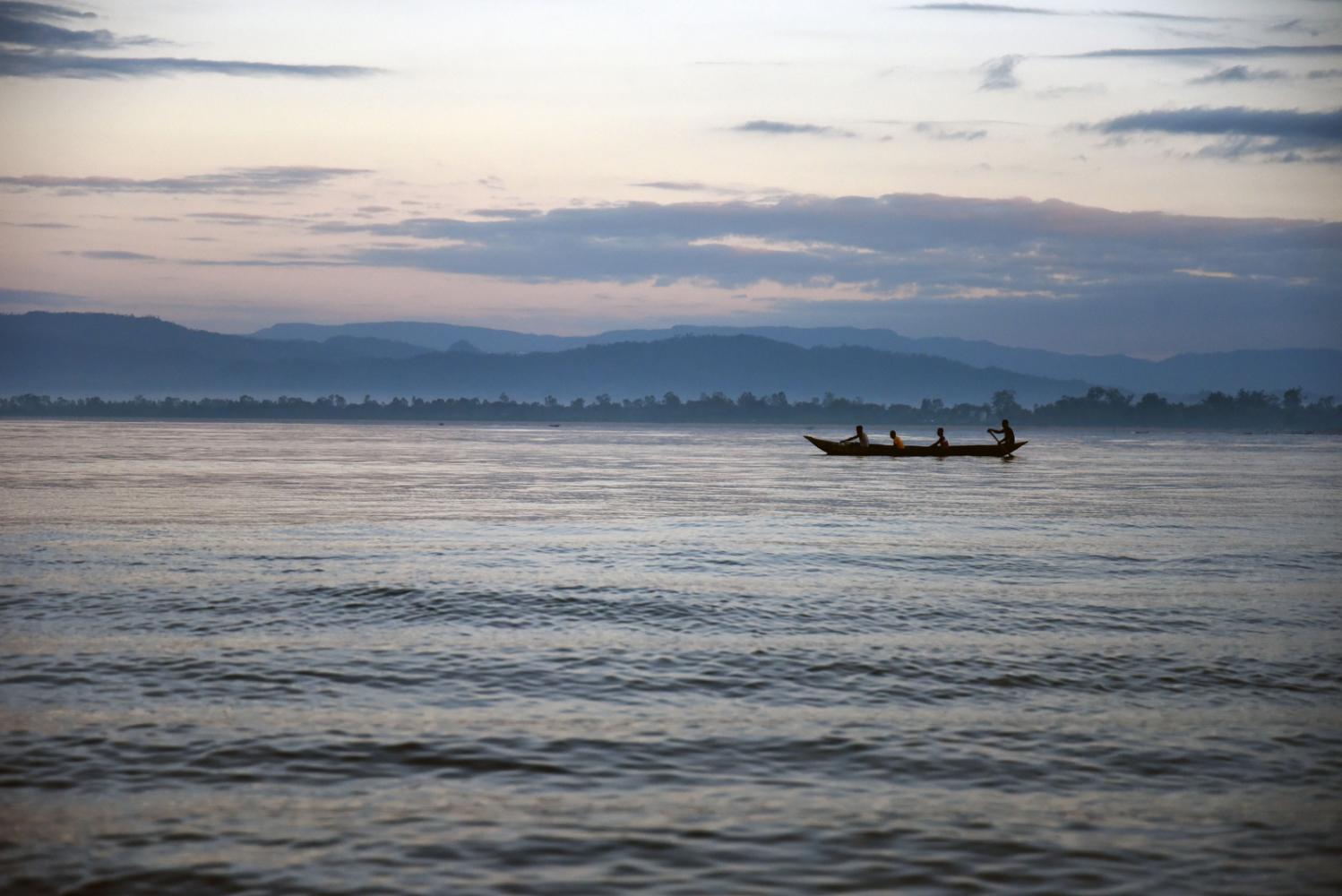Dr. Christopher Golden , Assistant Professor of Nutrition and Planetary Health at the Harvard TH Chan School of Public Health, and his team of Harvard Planetary Health Scholars spent five weeks in Madagascar to better understand the human health impacts of environmental change.This series of stories will document this journey across Madagascar through their personal experiences. One of these scholars led an ambitious film project to document the intersections of planetary health and healthcare access. Please watch this beautifully rendered film and read the introduction from the filmmaker below. Dr. Golden wants to extend his sincerest thanks to Michelle Ng for her work in researching and producing this film, to the Dharma Platform for enabling the health surveillance technology, and to the MAHERY team for realizing this work.
Introduction to the Film Short, by Michelle Ng
Trends in environmental change and community health are difficult to communicate. Dispersed over time and space, the gradual loss of biodiversity and the quiet loss of lives to malaria or diarrheal disease rarely make the news, especially during an unprecedented era of corporate media, desensitization to suffering and fleeting attention spans. Yet the largest threats to humanity today don't have quick, easily digestible answers. They neither make an audience feel good, nor produce spectacles that catch the eye or capture the imagination. How, then, can we convince people to care?
Planetary health takes a critical look at the people, places and processes that sustain us. By examining the relationship between health and environmental change, it seeks to contextualize basic human needs, such as access to water and education, within ecologically sustainable boundaries. In some ways, film is a natural fit for disseminating messages about planetary health. Film transports viewers to another place, opening a window into the intimate lives of strangers. Its sounds and images are more accessible than text, infinitely more so than academic papers. The inclusion (and celebration!) of emotion lends it unique powers of persuasion. In other ways, however, film — held to standards of technical perfection and a linear narrative arc — is discouraged from engaging with the nuance that is inherent in environmental change and community health.
In order to take issues of planetary health as seriously as they deserve, we must confront their messiness — not only in research, but also in the stories we tell. How can the process of filmmaking serve as an opportunity to listen and learn, in addition to a means to an end? When we began this project, we knew there was 1 doctor per 7,000 people in Madagascar. A product-based approach may have centered on this fact, leading us to storyboard, extract the content we came to find and leave with a clear story. A more process-based approach — grounded in listening — revealed not only the vulnerability and need that we expected, but also a coexisting resilience and agency. Focusing solely on the lack of health care would make a strong call for action but erase the caregiving of families and the life-saving resourcefulness of traditional healers since time immemorial. Listening, in this case, also meant acknowledging the animacy of the environment, which left its fingerprints in the sounds of rain and roosters and fog on the camera lens. No, the environment’s insistent presence doesn’t contribute to a technically perfect film, but it does reflect the ways in which environmental factors shape every aspect of life in Madagascar’s rainforests.
For its successes and failures, On Our Shoulders” is an experiment in grappling with the complexities of planetary health, spanning past, present and future, near and far, subjectivity and statistics. It is bookended by Delizia’s memory of the past and Simplice’s hope for the future — two “invisible” narratives that are brought to life through animation. It introduces the health challenges of three communities in two national parks, and within them, the ways in which a nurse, a traditional healer, a clinic and MAHERY community health workers strive to care for friends and family. It aims to ground personal anecdotes in statistics about Madagascar, validating lived experiences while demonstrating their representation of broader trends. Most importantly, “On Our Shoulders” was created through the participation and support of countless people: many thanks to Sitraka Randriamahaly, for beautifully illustrating an oral tradition; to Val Razakandrainibe, for evoking a sense of time and place with his music; to Elysée Soloniaina, for intuiting and sharing the meaning of people’s words; to Anisha Mittal, Benjamin Rice, Laurel Myers, Myer Johnson-Potter, Vlad Sevostianov and Yuki Zbytovsky, for sharing the adventure and putting up with many requests to please be quiet during interviews; to Rebecca Gaal, for her mentorship, humor and empathetic approach to storytelling; to Hervet Randriamady, for his insightful suggestions and endless encouragement; to the MAHERY team and the residents of Antaravato, Marofototra and Vinanibe, for their hospitality and generosity with their time and stories; and to Christopher Golden, for his investment and trust in planetary health students that made it all possible.


